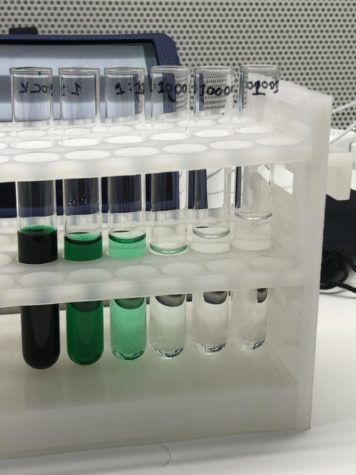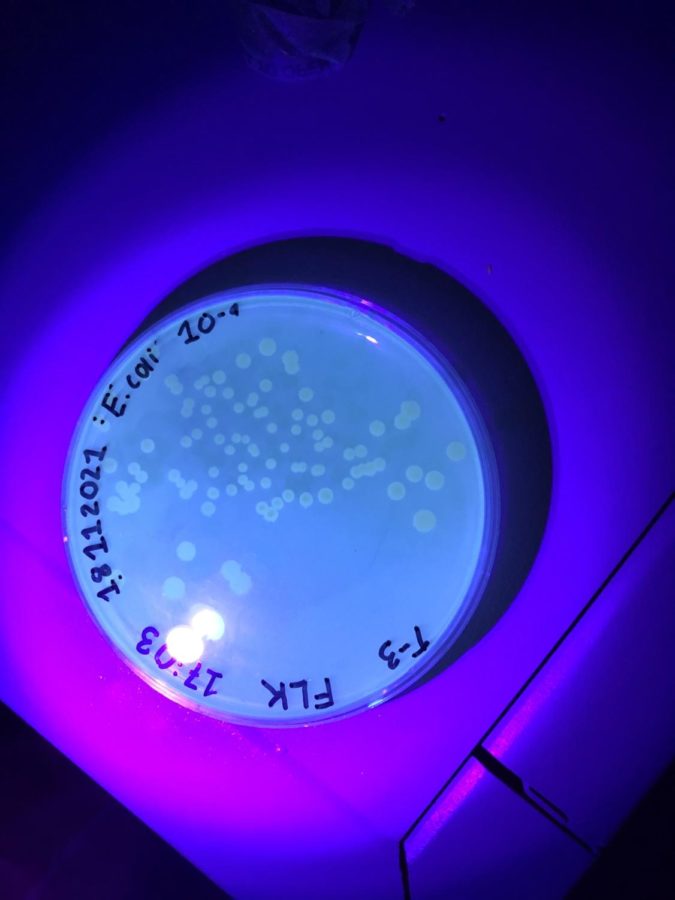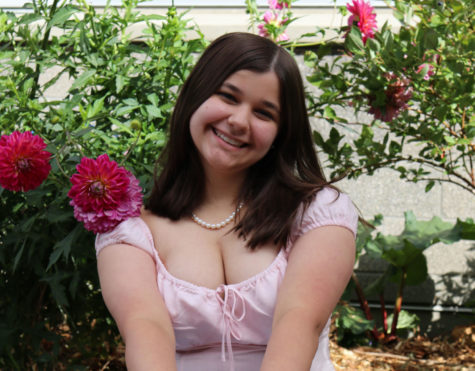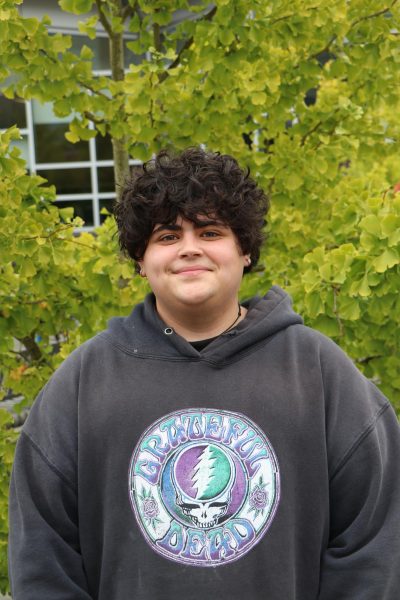COVID calls
Seniors pursue a future in medicine following the pandemic
June 8, 2022
Each person has their own story of how their job called to them whether it be in the medical field or otherwise. Sometimes it’s money, helping others, talent at a given skill, or something else. For those here, most have a role model or defining experience.
Richelle Garcia, senior, is inspired to be a nurse by her family. “My family is really involved in the medical field. I’ve grown up a lot in hospitals,” she said. Similarly, Freja Krantz, senior, was also inspired by her family, particularly her mom who works at a pharmaceuticals company. Her mom’s experiences helped her realize that “every piece to creating a drug, or a therapy, or a biologic matters,” she said. Soon, Krantz hopes to be a part of this process.
While she and Garcia’s role models are family members, that isn’t true for everyone. Senior Arpit Rathee’s role model is CNN correspondent and neurosurgeon Sanjay Gupta. “I’ve watched him since fifth grade and I think he’s a huge inspiration of mine. Just his upbringing, his story. It’s very similar to mine,” Rathee said.
Some people weren’t called to the medical field because of a role model though. Sometimes, it’s an experience positive or negative that makes the biggest difference. For senior Iris Pang, she had both types of experience. “My clinic was [very unhelpful]. They would literally do nothing for me and my family so that was my initial thing of like, ‘I’m going to try and change the system,’” Pang said. She continued, “My second conviction came when I started working at the Northwest Hospital because I honestly did start it because I wanted hours, but then it became something so much more than that to me. Everybody there was so nice,” she said.
Real life experience whether that be jobs, internships, or classes has been a major part of these seniors’ ability to choose a future career path. Ashley Wooldridge, senior, worked in a retirement home for a number of months and that helped her come to the conclusion that she wanted to be a nurse, particularly a travel nurse. “I worked a bunch of days in a row, like 12 hours shifts, and then I would have like a week off, and I really liked that for my schedule and I thought I could do that in the future and that’s why I picked a travel nurse because they work a bunch of days in a row, and then have a bunch off,” she said.

Photo Courtesy of Freja Krantz
Both Krantz and Pang suggest looking up opportunities and trying some out that might fit. Krantz found the Bio Path Internship which has been helping her get simulated experience of working in a biomanufacturing lab. “You take classes through Shoreline Community College. It’s biomanufacturing. It’s three quarters of that and you get to do all your lab work on site at a company in Seattle called AGC Biologics,” she said.
Drug design and immunology is also popular with Pang who hopes to work on treatments for various ailments. “Research-wise I’m interested in drug design, just the sciences of it, and I also want to be able to apply it to create solutions for common chronic diseases such as diabetes, the things that are impacting the bulk of the population,” she said.
These chronic diseases have also played a big part in deaths from COVID in the last two years. COVID as a whole, has certainly impacted how future medical professionals feel and have felt about the field. Initially, fear and uncertainty was more noticeable. “At first, I was a bit scared and nervous. I almost re-thought my decision, but after a while I was like ‘this is something that I want to do and I want to help people,’ and risking my life is something that I’m up for,” said Garcia. Wooldridge echoed similar sentiments. “If it’s something you really want to do you might as well go and do it. If you really want to help people it’s worth it in the end even if there’s a pandemic. If no one ends up wanting to be a nurse, no one’s there to help people if something happens again,” she said.
Amidst what Krantz described as a “war on vaccines” she said, “I felt a need to strengthen the community…[because] what scientists do is so legitimate.” Some of these scientists, doctors, and nurses are people who Pang saw at Northwest Hospital, an experience that was cut short due to the pandemic. She said, “I saw the people I talked to every single Monday on the news. They were strong as ever, and I wanted to be a part of that.” And now, these seniors will be.




